Last Updated: Wed Aug 25, 2021 - 5:39PM
During his career at Greensburg Salem, Greg Jones captured a PIAA wrestling title, earned All-Conference honors in football, and also competed in both baseball and track and field. Unbelievably, he enjoyed even greater athletic success in college at West Virginia University, as he became one of the top grapplers in NCAA history. Now, he’s a heralded mixed martial arts trainer. Jones is the latest feature for the Westmoreland Where Are They Now.
Jones started his varsity career during the 1996-97 season at Greensburg Salem, as he compiled a record of 34-2 on the mat, competing primarily at 103 pounds. As a freshman, he finished third in the state bracket.
He enjoyed similar success the next year, posting a mark of 38-2 and again finishing third in the state, this time at 125 pounds.
As a junior, Jones took first in the section, but he injured his shoulder in the WPIAL tournament. Not at 100 percent, he failed to place in the state tournament, and finished the year at 32-4 at 140 pounds.
Jones finally reached the pinnacle in his senior year, however. Competing at 160 pounds, he went 35-1, taking first in both the section and the regional. In the state tournament, he notched an unforgettable win in the semifinals against reigning champion James Woodall, a match that was lauded as the best of the entire tournament. Jones then completed his run by capturing the PIAA gold.
Although he went 139-9 during his career with the Golden Lions, Jones was much more than just a wrestler. In the fall, he was a football standout on both sides of the ball, and was a member of the Golden Lions team that captured the 600th win in program history. In the spring, Jones primarily played baseball, although after his shoulder injury sidelined him as a junior, he opted for track and field that year instead.
“I only wrestled during wrestling season,” he revealed. “I still believe that high school athletes should participate in as many sports as they can for as long as they can.”
Although he contemplated playing college football, Jones ultimately opted to focus on wrestling at West Virginia University, following the path of his older brother, Vertus, who served as his coach at WVU.
Once with the Mountaineers, Jones excelled. Noting that he was late to mature physically, he underwent a drastic development in college that paid dividends on the mat.
“I was placed in the right environment; the right training. I was never in a really, really intense wrestling system,” he noted. “Everyone thinks in high school that they take lifting seriously, but I found out that I really didn’t take it seriously until I got to college and understood a well-rounded training and conditioning program and how that would benefit you.
“When I got to college, I had a lot of room for growth,” he continued.
From 2001-05, Jones went 126-4, and won three NCAA National Championships. As a freshman in 02, he captured gold at 174 pounds and finished 34-2. Competing at 184 as a junior and senior, Jones went undefeated both campaigns, posting marks of 26-0 and 25-0, respectively.
His accolades are nearly unparalleled, as he became the all-time wins leader in WVU history, just the 10th freshman to win a national title, the 20th wrestler to capture gold at two different weights, and the 39th to claim three national championships.
Following his graduation in 2005 in sports and exercise psychology, Jones had more wrestling aspirations at the world and Olympic levels. The departure of an assistant coach at WVU gave him an opportunity to get an early start into coaching, too.
“The plan was to pursue both the coaching and wrestling roles,” Jones revealed.
Around that same time, advocates for Jones reached out to Pittsburgh Steelers general manager Kevin Colbert to inquire about Jones transitioning back to the gridiron. Soon thereafter, Jones was invited to participate in a combine-style workout at Saint Vincent College in front of Steelers scouts.
Jones had a good showing, and was invited to attend training camp later that year. However, a groin injury he had endured throughout his senior year had intensified, preventing him from participating, both in football and with his post-college wrestling aspirations.
“I wasn’t willing to put the time, energy, and effort into getting my body back to where it needed to be,” Jones revealed.
Once he was back to health, Jones was asked to play in NFL Europe in early 2006, but at that point, he was already in the midst of his first season as a coach with the Mountaineers, which had occupied his full attention.
“In my vision, I was going to retire as the head wrestling coach at West Virginia University,” he stated.
His coaching career with the Mountaineers spanned nine seasons, highlighted by the opportunity to coach his younger brother, Donnie.
“I started to form a bond with both of my brothers that otherwise probably wouldn’t have happened,” he said.
In 2014, however, Jones took a different career path, as he relocated to South Florida to train MMA fighters.
During his time in college, Jones had paid attention to MMA, but the sport was still relatively young and the Ultimate Fighting Championship (UFC) was not even regulated in some states. As it began to grow in popularity in subsequent years, however, Jones saw an opportunity.
He joined Blackzilians initially, and for the past three years, he’s been the head wrestling coach for Sanford MMA in Deerfield Beach.
“We built a brand-new gym about two years ago with the idea of really changing the face of the sport. It’s the most unique training situation anywhere in the world,” Jones detailed.
To that point, he and three other trainers work with an estimated 45 competitors. Among that group, approximately 24 compete in the UFC, while another 14 to 16 participate in Bellator. There are two training sessions daily on Monday through Friday, as well as an additional session on Saturday.
While Jones’ wrestling background is his best asset, he’s well rounded in mixed martial arts training.
“Everyone has their own approach, their own disciplines, but if I assume this role as purely a wrestling coach, I think our athletes are being underserved,” he said.
Fighters from Western Pennsylvania have been a rarity at the facility, but Jones hopes he can help attract talent from the region in the future.
“That’s kind of one of the things I want to do. I’d certainly like to get more guys from that Pittsburgh area, Ohio, kind of that Rust Belt area,” he said.
With family still in the area, Jones returns to Greensburg two or three times annually. And although he’s now down South, he still has fond memories from Greensburg Salem.
“Any time you take that stroll down memory lane, you always start with the people and the experiences,” he said, highlighting wrestling coaches Randy Parsley and Daryl Kelvington, football coach George Kemerer, and principal David Zilli. “There was a whole host of people who allowed me to end up where I’m at right now.”

 Latrobe
Latrobe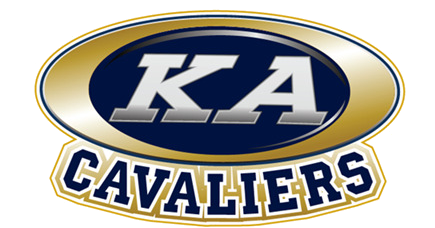 Kiski Area
Kiski Area Armstrong
Armstrong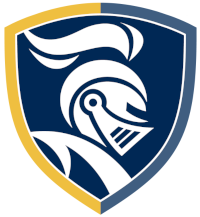 Norwin
Norwin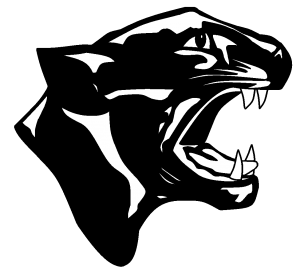 Up. St. Clair
Up. St. Clair Belle Vernon
Belle Vernon E. Forward
E. Forward Richland
Richland Ligonier Vall.
Ligonier Vall. Penn-Trafford
Penn-Trafford Hempfield
Hempfield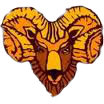 Highlands
Highlands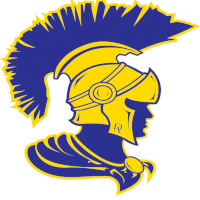 Derry Area
Derry Area Yough
Yough California
California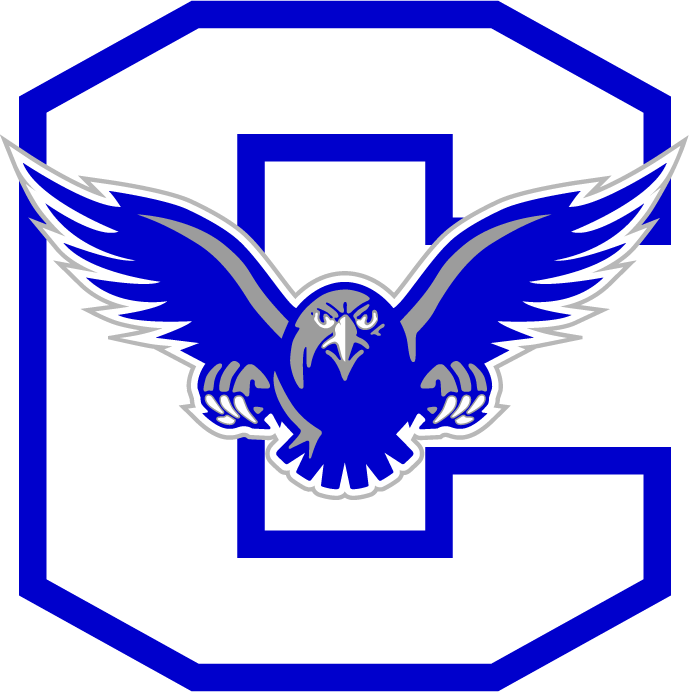 Connellsville
Connellsville Gbg. Salem
Gbg. Salem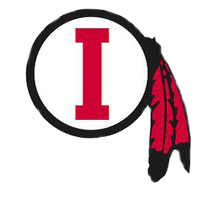 Indiana Area
Indiana Area Burrell
Burrell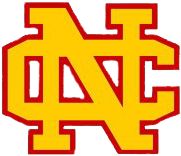 N. Catholic
N. Catholic Mt. Pleasant
Mt. Pleasant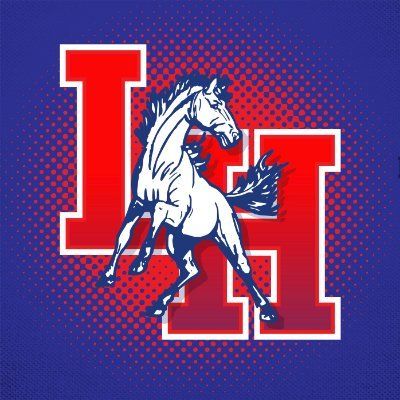 L. Highlands
L. Highlands Southmoreland
Southmoreland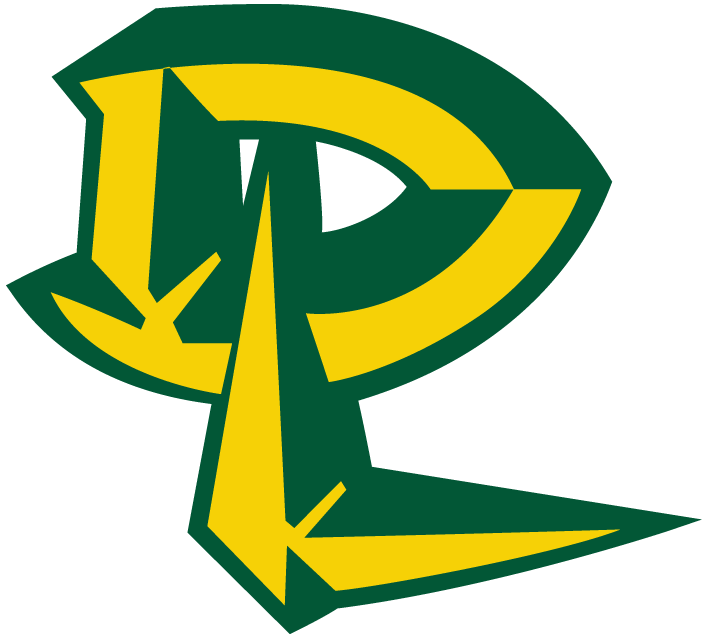 Deer Lakes
Deer Lakes Fr. Regional
Fr. Regional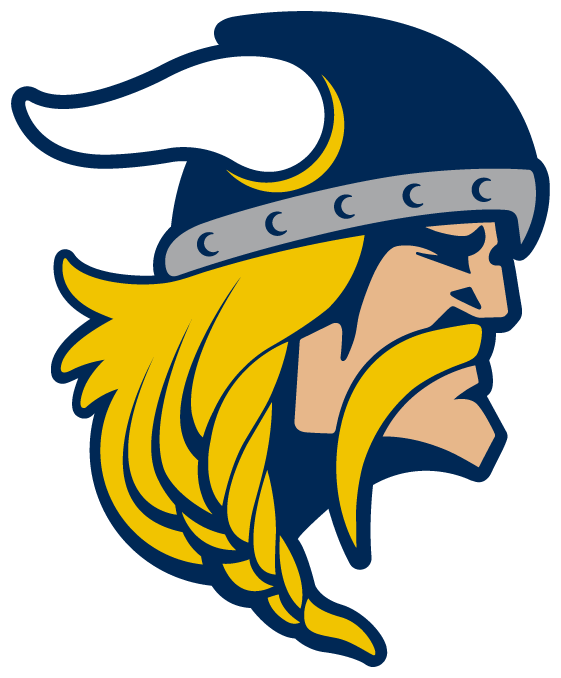 Central Catholic
Central Catholic Baldwin
Baldwin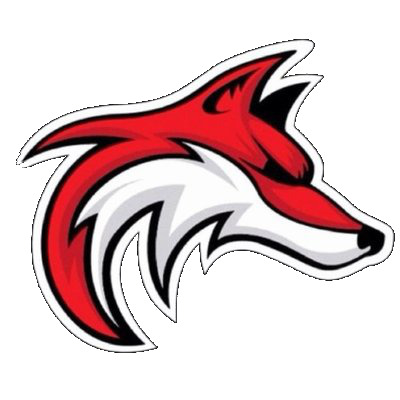 Fox Chapel
Fox Chapel Jeannette
Jeannette Frazier
Frazier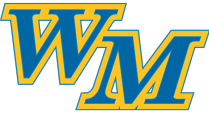 West Mifflin
West Mifflin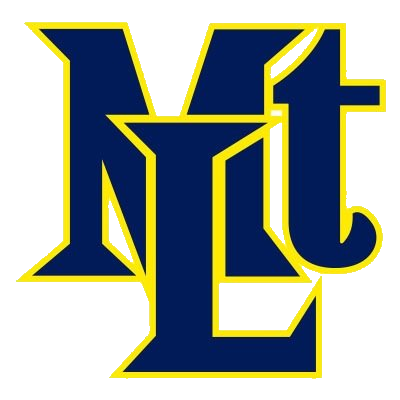 Mount Lebanon
Mount Lebanon Imani Christ.
Imani Christ.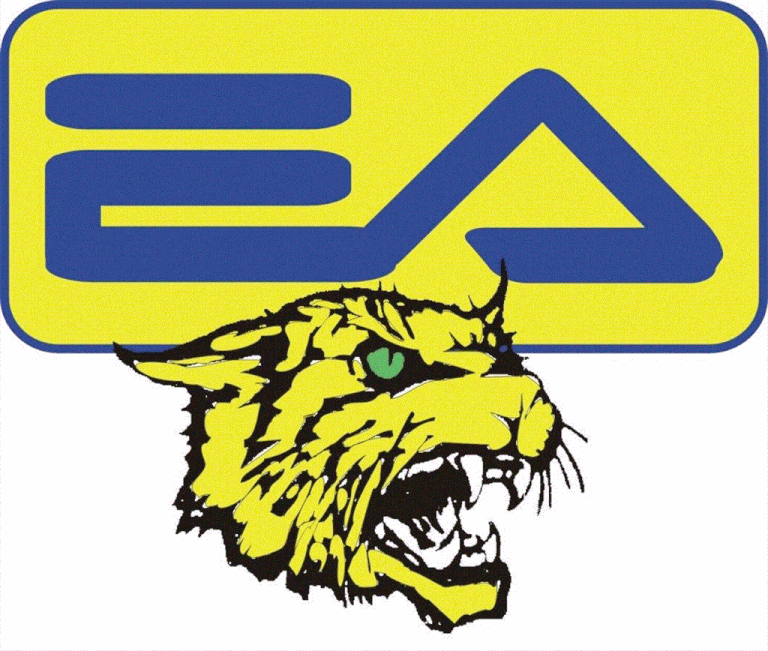 E. Allegheny
E. Allegheny Bentworth
Bentworth Greensburg CC
Greensburg CC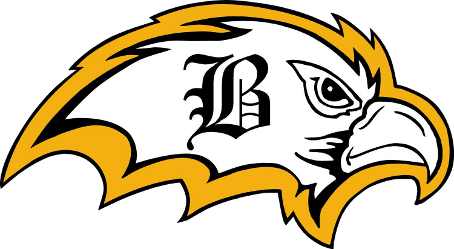 Brownsville
Brownsville Avonworth
Avonworth Sean Meyers
Sean Meyers 